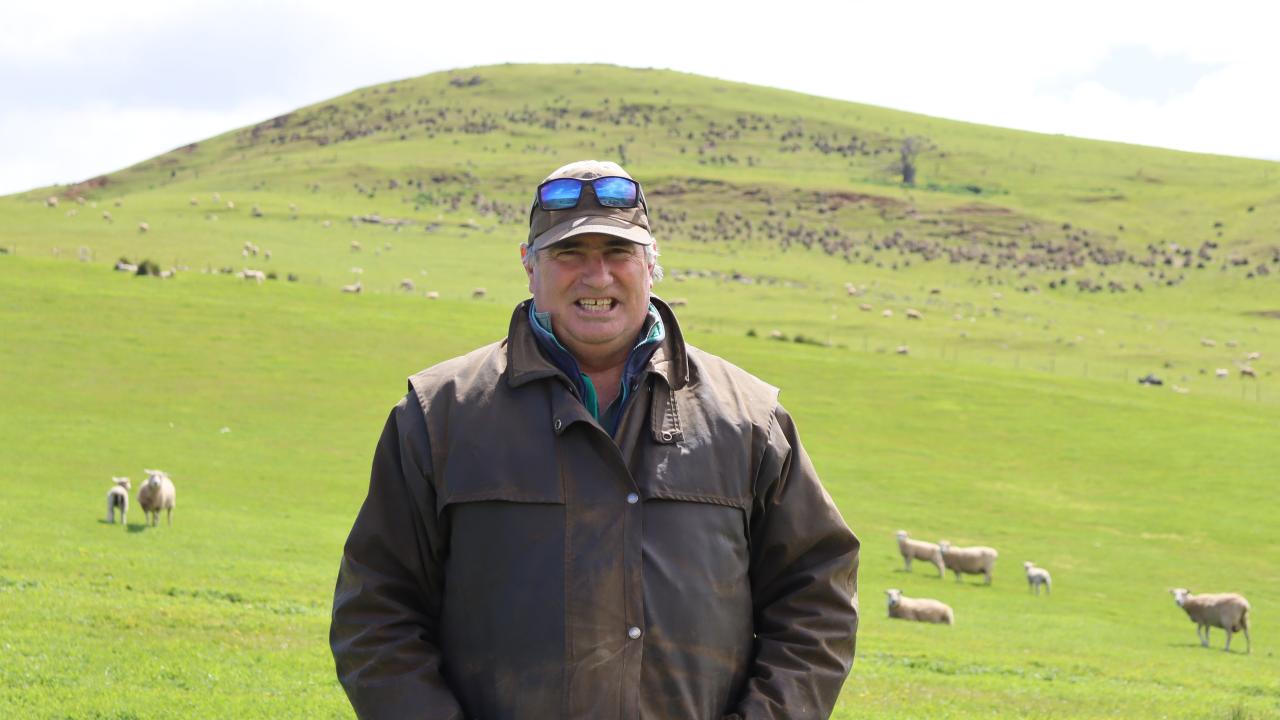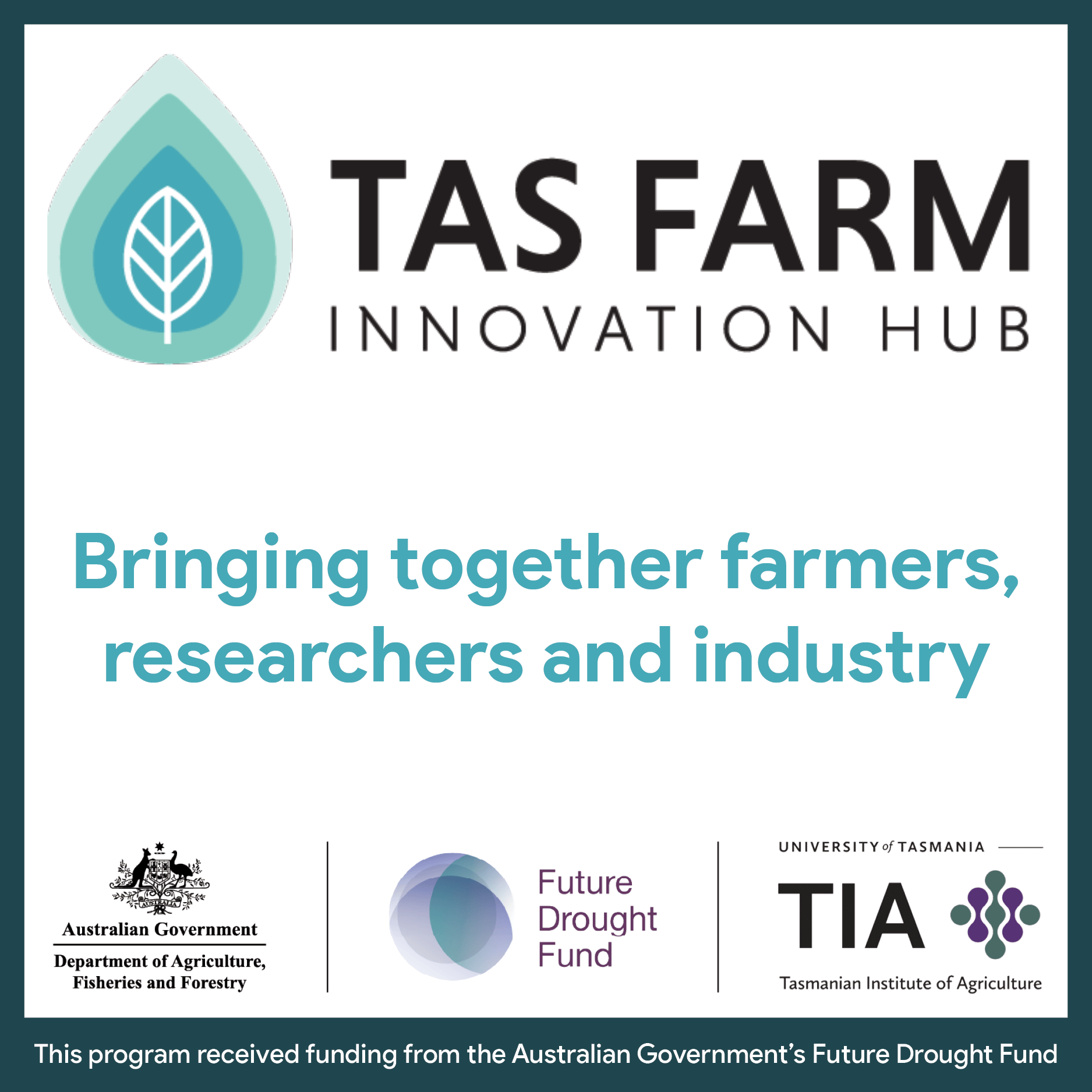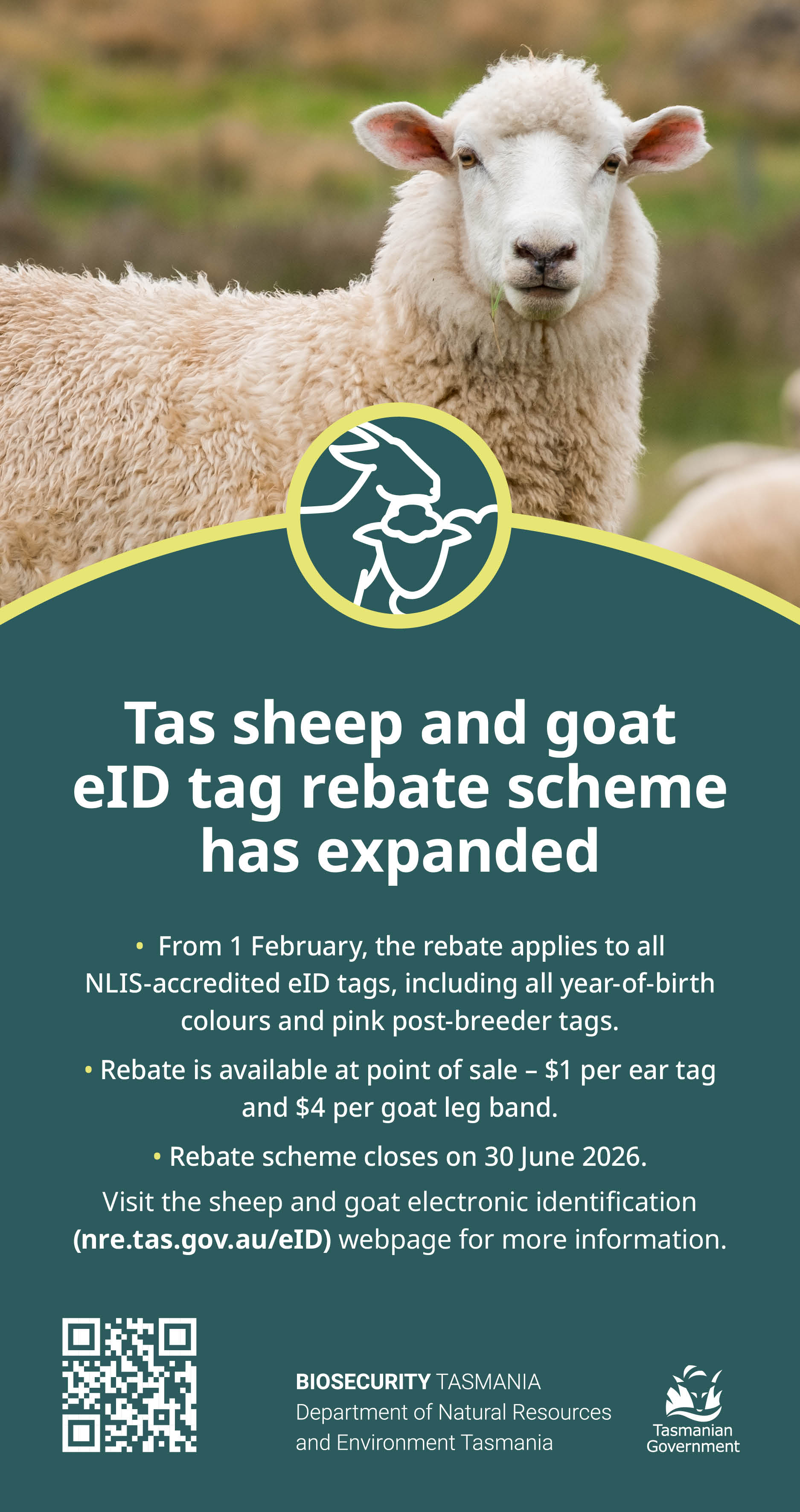Tasmanian cattle farmers react to US beef ban lifting

Key figures within Tasmania’s beef industry are supporting the federal government’s decision to lift biosecurity restrictions on beef imports from the United States.
The move by the Albanese government addresses one of the primary reasons US President Donald Trump imposed tariffs on Australia.
The United States has been allowed to import beef to Australia since 2019 but the federal government has had concerns about the risk of mad cow disease from meat sourced from Canada and Mexico that is slaughtered in America.
This has meant an effective ban on all US beef imports to Australia due to the high level of integration in the American supply chain.
TasFarmers Livestock Council Chairman and beef farmer George Shea said he was supportive of easing the biosecurity restrictions.
“From a marketing perspective I would be very surprised if any real volumes of product make it back to Australia,” Mr Shea said.
“The majority of the beef trade goes the other way and America needs our lean beef to blend for their hamburger meat, which is something that’s been going on for over 50 years.
“I don’t see this as being anything detrimental to our markets.
“The positive is that it will hopefully placate Mr Trump and he might think about dropping the 10 per cent tariff that he’s implemented on our beef.”
Mr Shea said Australia’s beef had a high reputation.
“We jump through a lot of hoops to export our beef to America and other countries.
‘We have the best traceability and the highest meat processing standards in the world, which a lot of other countries can’t meet.
“We export around 75 per cent of what we produce, so there’s always a surplus product in the country.”
Stanley cattle farmer John Bruce said it was unlikely that the lifting of the beef ban would have an impact on the local industry.
“They’d have to find a point of difference to find a market for beef in Australia,” Mr Bruce said.
“Their cost of production is higher than ours, which would make it more expensive.”
“I’m not sure they’d find a great amount of space in our market for their product.”
National Farmers Federation President David Jochinke said the biosecurity assessment needed to be dealt with separately from tariffs.
"Australia’s relationship with the US is deep and multi-faceted, underpinned by the Australia-United States Free Trade Agreement," Mr Jochinke said.
"Free and fair trade relies on the reciprocal recognition of trusted standards and processes between trading partners."




Add new comment